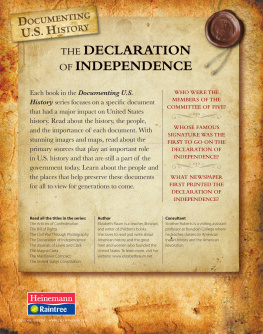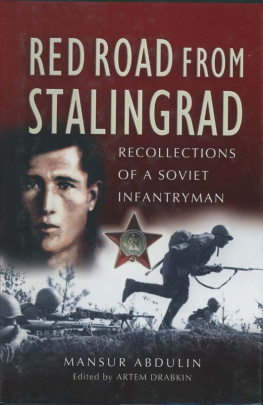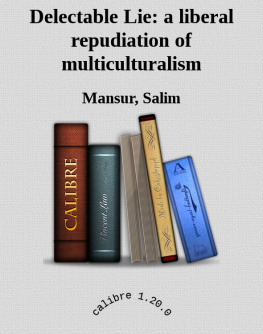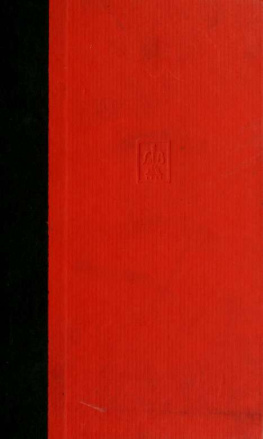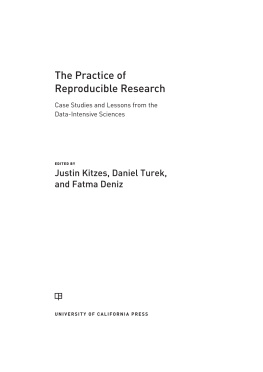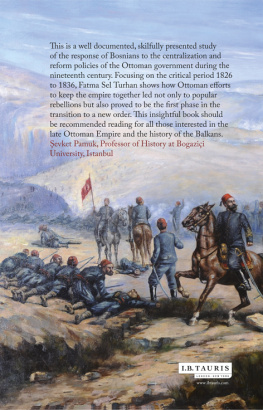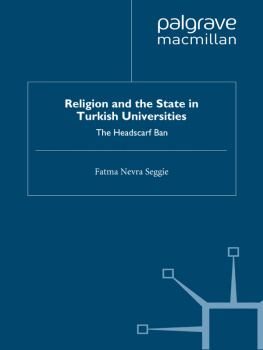Fatma Mansur - Process of Independence
Here you can read online Fatma Mansur - Process of Independence full text of the book (entire story) in english for free. Download pdf and epub, get meaning, cover and reviews about this ebook. year: 2015, publisher: Routledge, genre: Politics. Description of the work, (preface) as well as reviews are available. Best literature library LitArk.com created for fans of good reading and offers a wide selection of genres:
Romance novel
Science fiction
Adventure
Detective
Science
History
Home and family
Prose
Art
Politics
Computer
Non-fiction
Religion
Business
Children
Humor
Choose a favorite category and find really read worthwhile books. Enjoy immersion in the world of imagination, feel the emotions of the characters or learn something new for yourself, make an fascinating discovery.

- Book:Process of Independence
- Author:
- Publisher:Routledge
- Genre:
- Year:2015
- Rating:3 / 5
- Favourites:Add to favourites
- Your mark:
- 60
- 1
- 2
- 3
- 4
- 5
Process of Independence: summary, description and annotation
We offer to read an annotation, description, summary or preface (depends on what the author of the book "Process of Independence" wrote himself). If you haven't found the necessary information about the book — write in the comments, we will try to find it.
Process of Independence — read online for free the complete book (whole text) full work
Below is the text of the book, divided by pages. System saving the place of the last page read, allows you to conveniently read the book "Process of Independence" online for free, without having to search again every time where you left off. Put a bookmark, and you can go to the page where you finished reading at any time.
Font size:
Interval:
Bookmark:


I | The American Science of Politics | Craick |
II | The Analysis of Political Behaviour | Lasswell |
III | The Analysis of Political Systenls | Verney |
IV | Central European Democracy and its Background | Schlesinger |
V | The Decline of Liberalism as an Ideology (The above title is not available through Routledge in North America) | Hallowell |
VI | Democracy and Dictatorship | Barbu |
VII | Dictatorship and Political Police | Bramstedt |
VIII | Federalism in Central and Eastel11 Europe | Schlesinger |
IX | History of Socialism (The above title is not available through Routledge in North America) | Laidler |
X | How People Vote | Benney et al |
XI | The Logic of Liberty (The above title is not alrailable through Routledge in North America) | Polanyi |
XII | Pacifism | Martin |
XIII | Patterns of Peacemaking | Thomson et al |
XIV | Plan for Reconstruction | Hutt |
XV | Politics of Influence | Wootton |
XVI | Politics of Mass Society (The above title is not available through Routledge in North America) | Kornhauser |
XVII | Power and Society (The above title is not available through Routledge in North America) | Lasswell and Kaplan |
XVIII | Process of Independence | Mansur |

Font size:
Interval:
Bookmark:
Similar books «Process of Independence»
Look at similar books to Process of Independence. We have selected literature similar in name and meaning in the hope of providing readers with more options to find new, interesting, not yet read works.
Discussion, reviews of the book Process of Independence and just readers' own opinions. Leave your comments, write what you think about the work, its meaning or the main characters. Specify what exactly you liked and what you didn't like, and why you think so.


